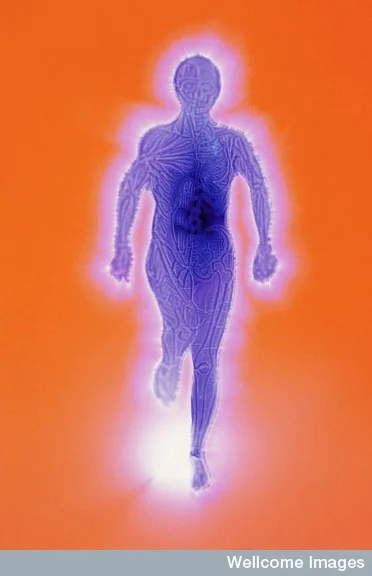"We are all born scientists" Neurotalk S2E26 Daniel Colón-Ramos
/This week on Neurotalk, we chat with Daniel Colón-Ramos about how glia directs synapse formation, how synaptic positions are maintained as the body and brain grows, and how his science networking site Ciencia Puerto Rico has changed science education in Puerto Rico.
Dr. Colón-Ramos is an associate professor of cell biology at Yale University.
This is the last Neurotalk of the academic year, and we will return at the end of September. Thanks for listening!




